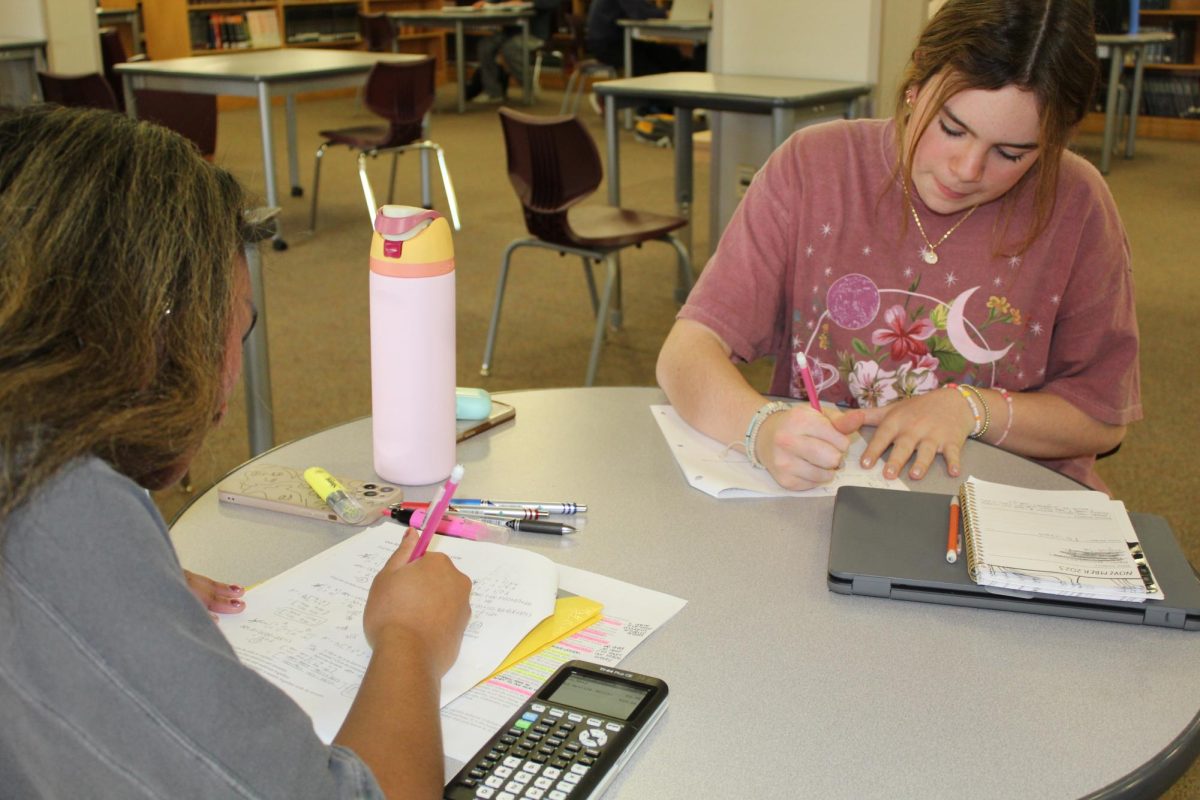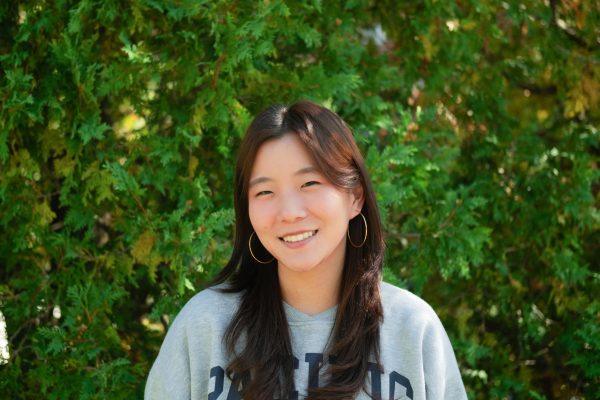By Audrey Kim, Staff Reporter
At the education committee meeting on Oct. 5, Dr. John Mull, TESD curriculum supervisor for math, presented a plan for compacted math learning in middle school, which would allow students to take three years of math in two years.
This plan, created by the district math standing committee, gives students an additional opportunity to accelerate in math. Existing plans for accelerating in math include summer study, teacher recommendation and dual math courses.
A similar, preexisting plan in elementary schools inspired the middle school plan. Currently, all first graders take first-grade level math. When they reach second grade, they are sorted into on-grade level or above-grade level second-grade math.
Second graders in the above-grade level class take a compacted version of second and third grade math. Third-graders in the above-grade level class take compacted third and fourth-grade math. This allows above-level grade math students to take three years of math in two years by the time they are in fifth grade.
“It’s as if we offered in middle school the same opportunity we offered back in elementary school, and we repackaged it so that you got all the content you needed,” Mull said. “It’s still going to be a rigorous opportunity, but it’s a more comprehensive way for students who are looking to move from on-grade level to above-grade level.”
Along with the proposed plan, Mull presented the ideas of elementary school benchmark assessments and increasing the number of math support staff. Elementary schools will administer the benchmark assessments multiple times a year, and they will give the teachers an overview of what topics need additional guidance.
“Math is cumulative,” Mull said. “We want to make sure that any gaps or deficits can be worked on continuously.”
Some students currently choose to skip a year of math and advance to a higher level. Junior Eric Sun skipped five math levels and is currently self-studying linear algebra.
“Some students may not have the proper resources to skip courses, whether it’s time or something else,” Sun said. “For me, skipping courses allowed me to grow as a student, and I got to study with older students in the class, which allowed me to learn from them.”
Over the course of the 2024-25 school year, the district plans to implement this new program, and Mull will work together with the teachers to develop the curriculum further.
“People aren’t born knowing math,” Mull said. “It’s something that takes time and practice, and different students are ready for that jump at different times.”
Audrey Kim can be reached at [email protected].






















































































